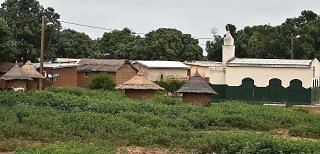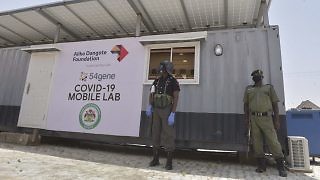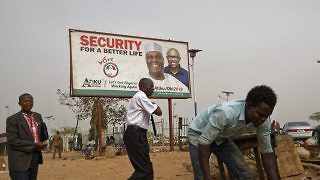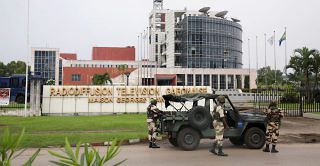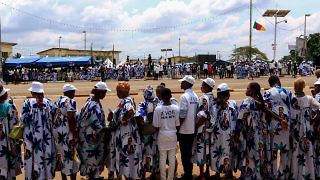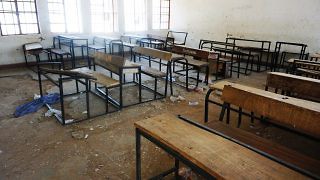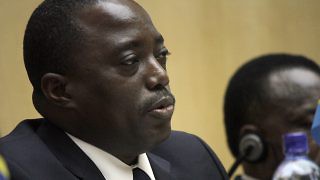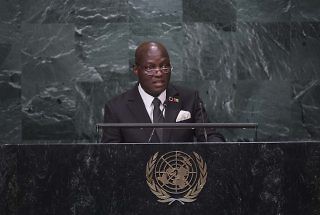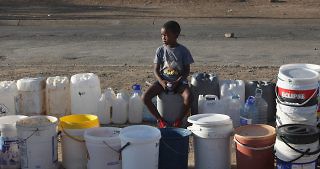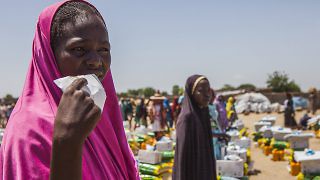The threat facing Côte d’Ivoire is tied to its geographical proximity to established terrorism epicenters and its domestic and foreign policy standing.
Author: Ryan Cummings
-
-
The difference in death tolls and fatality rates between countries in North America and Europe, and Africa, has raised questions as to what factors explain the discrepancy.
-
Questions around domestic security will continue to be of concern to the elected government, who will need to be aware that the consequences of insecurity could define Nigeria’s socio-political stability well beyond election day.
-
While the coup attempt appears to have been carried out by an isolated group of soldiers, it is indicative of growing frustration with the Bongo administration.
-
The recent abduction of students and teachers happened in an area at the epicenter of a secessionist insurgency in Cameroon’s Anglophone region.
-
The mass abduction in Dapchi on February 19 provides important insights on the trajectory of Boko Haram’s near decade-long insurgency against the Nigerian state.
-
With DRC President Kabila becoming increasingly emboldened in his actions to extend his political longevity, it would be difficult to believe that travel and financial embargoes alone will sway the incumbent from delivering the coup de grace to his country’s hopes of achieving a democratic transfer of power in the near-term.
-
ECOWAS has issue a stern warning to the country’s paralyzed polity, voicing its grave concern regarding what it sees as “a deteriorating socio-political situation in the country.”
-
Successes in 2016 were counterbalanced by a number of sociopolitical and economic grievances that will continue to afflict the continent in 2017.
-
As shown by the recent announcement on farmers, Boko Haram’s resurgence comes amid a shift in military strategy from reclaiming insurgent-held territories to repopulating and defending these from further rebel attacks.

